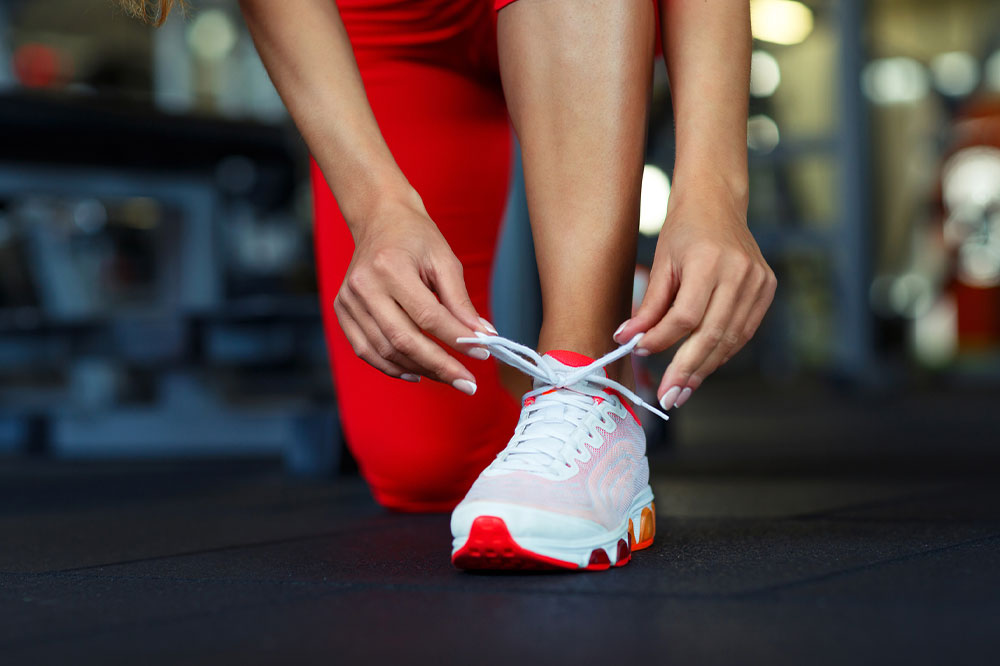Avoid These 5 Things to Sleep Better

If one finds themselves tossing and turning all night, only to wake up feeling more exhausted than when they went to bed, it may be time to reassess one’s sleep habits. A healthy sleep cycle is essential for physical and mental well-being, and there are some key habits to avoid if one wishes to improve their sleep quality. This could include changing one’s eating habits and making better lifestyle choices.
What is a healthy sleep cycle?
A healthy sleep cycle is essential for one’s overall physical and mental health. This dictates when an individual sleeps, wakes up, and rests in between. A healthy sleep cycle should follow the circadian rhythm, which is regulated by the body’s natural 24-hour internal clock. An unhealthy sleep cycle can lead to various health issues like fatigue, low energy levels, impaired memory, and difficulty concentrating. Some habits should be avoided to ensure one gets quality sleep and maintains a healthy sleep cycle.
Things to avoid for better sleep
Caffeine
Caffeine is a stimulant in coffee, tea, energy drinks, and certain soft drinks. It works by blocking the activity of adenosine, a neurotransmitter that helps promote sleep. In addition, caffeine can increase alertness and cause restlessness. For this reason, it’s best to avoid caffeine within six hours of bedtime. Although some people claim they can drink coffee late at night without any trouble sleeping, this is usually not the case. Caffeine tends to stay in the system for 10 to 12 hours, disrupting the natural sleep cycle quite a while after it is consumed. If one chooses to have coffee late in the evening, they should opt for decaf. This will still provide the required taste without interfering with sleep.
Late-night meals
Eating late at night is one of the most common causes of sleep disruption. This can cause a spike in one’s blood sugar levels, leading to an increase in energy and an inability to fall or stay asleep. Further, eating too close to bedtime can cause digestive issues like heartburn, making it uncomfortable to lie down. To avoid this, one should have the last meal of the day at least two to three hours before their bedtime. This will give the body enough time to digest the food and prevent heartburn or making one feel too full.
Exercising before bed
While exercise can promote better sleep, exercising at or right before bedtime can interfere with sleep. Exercise stimulates the body and mind, increasing alertness and making it difficult to relax. So, one should engage in intense physical activity at least three hours before bedtime. This gives the body enough time to cool down and wind down before one retires for the night. A light stretching routine and yoga can be helpful if one wants to do something calming before bed.
Stressing about sleep
When one experiences difficulty falling asleep, they can feel anxious and stressed about not getting enough sleep. This can worsen the problem, as worrying can cause physical tension and mental stress, making it even harder to rest. It can also trigger a negative cycle of rumination, making the sleeplessness more severe. To improve one’s sleep cycle, one should break this cycle. One can practice relaxation tactics such as deep breathing and muscle relaxation. Accepting that one might not get perfect sleep can help reduce stress and maintain realistic expectations. Additionally, one should focus on the quality of sleep rather than the quantity. So, one can initially aim for five to six hours of restful, restorative sleep instead of trying to get the recommended eight hours.
Finally, it’s important to remember that sleep is just as crucial as any other part of health. One should allow themselves to take breaks during the day and rest when needed. Also, one should stick to a consistent sleep schedule and create an environment conducive to sleep by turning off electronics at least an hour before bedtime. By reducing the stress about sleep, one will be able to enjoy the benefits of a healthy sleep cycle.
Electronics in bed
When trying to develop a healthy sleep cycle, one should avoid electronics in bed. This means that phones, laptops, tablets, and other electronic devices should be kept out of the bedroom. The light emitted from these screens can interfere with melatonin production, which is essential for a healthy sleep cycle. Additionally, the distraction and temptation of checking social media and emails can make it difficult to relax and fall asleep. So, those with sleep-related issues should try to create a relaxing environment in the bedroom where they can unwind and sleep peacefully. With electronics around, this can be difficult, so one should try to keep all devices in another room or at least out of reach when it is time to sleep.
Stages of sleep
The sleep cycle is divided into several stages, each playing an essential role in one’s overall well-being. Understanding the different stages of sleep can help one identify and address potential issues disrupting sleep and making one feel tired during the day.
Light sleep: The first stage of the sleep cycle is the light sleep stage. This is when the body begins to relax and prepare for deeper stages of sleep. Here, the breathing and heart rate slow, and muscles relax. The brain also begins to produce alpha and theta waves—lower-frequency brainwaves associated with relaxation and creativity.
Deep sleep: During this phase, the body enters a state of deep relaxation, and the brain waves slow down further. Our body temperature decreases slightly, and our breathing becomes slower. In this stage, one experiences vivid dreams as the brain consolidates memories from the day and helps form new connections in one’s mind.
REM sleep: This stage is associated with dreaming, as the eyes move quickly beneath the eyelids while sleeping. During this stage, the body temperature rises, and breathing speeds up slightly. The muscles become paralyzed, allowing one to stay asleep without being disturbed by physical movement.









